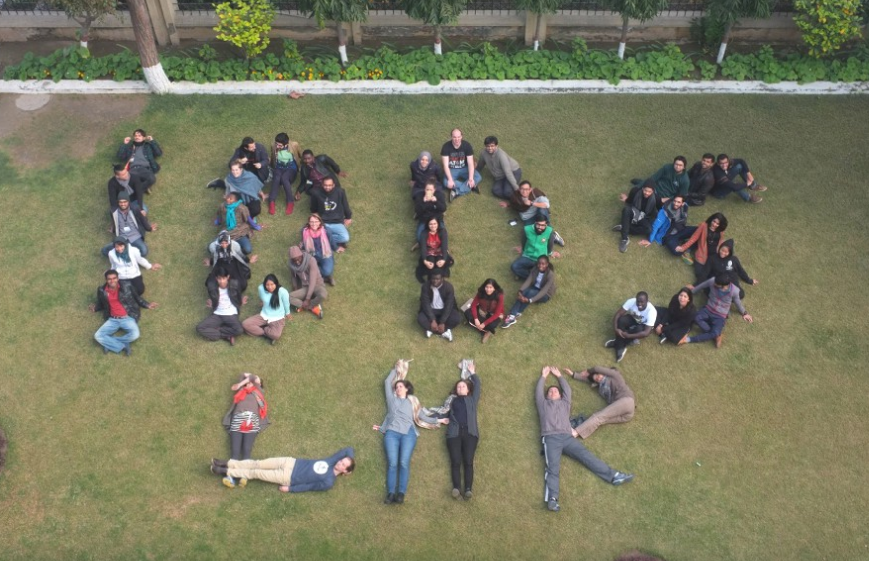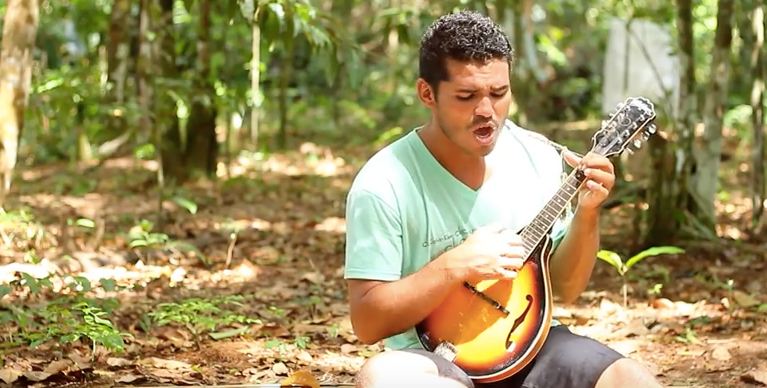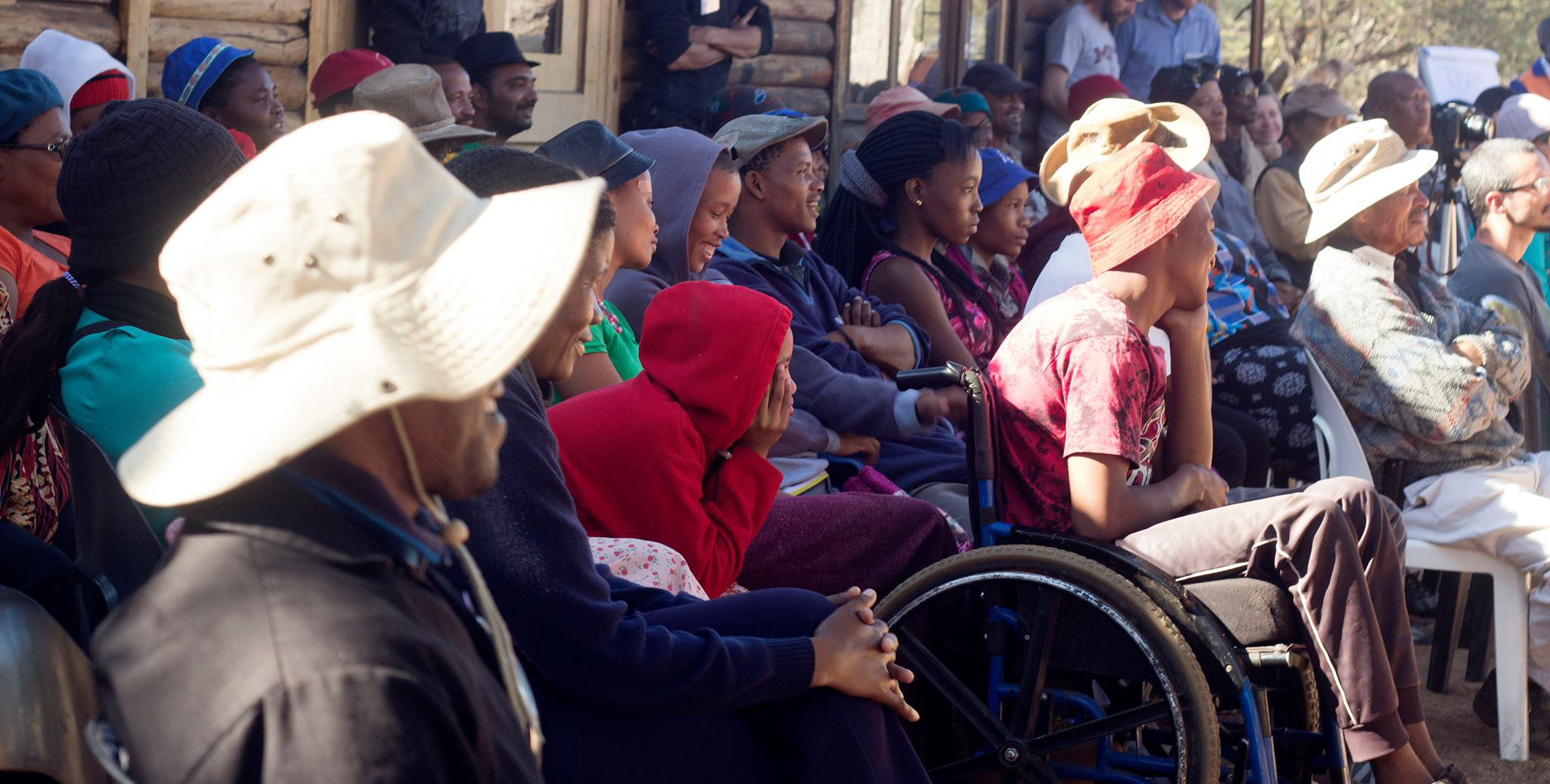IDDS Lahore Project Reports Are Now Available!

IDDS Lahore, the very first International Development Design Summit focusing on information communications and technology solutions to development challenges, was successfully brought to a close last January. IDDS Lahore brought together 40 participants from all around the world to Lahore to learn about the design process and enable six teams to co-create prototype ICT solutions for community challenges. These projects aim to create solutions for challenges such as access to public health alternatives and education.
For more information, you can read each of the IDDS Lahore project reports by searching in the IDIN Resource Library or clicking one of the links below.
Asan Rasta
In 2014, Pakistan accounted for 86% of the global wild poliovirus (WPV) case count. Despite the Pakistani government's efforts to prevent the spread of polio, the monthly campaigns it has established have largely been inefficient. The inefffienciety of these polio campaign process has decreased the valuable time lady health workers can spend providing essential health services to expectant mothers and families they support. To address this issue, the Asan Rasta team created a USSD-based tracking system with lady health workers to identify households in need of vaccinations, plan needed visits, and record streamlined immunization data. Read about the Asan Rasta project here.
Milk-e-Way
In Pakistan, women livestock extension workers (WLEW) must travel long distances and face various cultural barriers in order to attain livestock medical supplies. To solve this problem, the Milk-e-Way team designed a demand aggregation system to help extension workers gain consistent, timely supplies leading to better quality animal healthcare delivery, uplifting the dairy industry and empowering women. Read about the Milke Way project here.
Rah-e-Maa
Nearly 200 out of every 100,000 mothers die from birth complications each year in Pakistan, when many of these complications actually could have been easily prevented. Husbands and soon-to-be fathers are often the family decision makers, but they themselves have little information or knowledge about possible pregnancy complications and warning signs. Thus the Rah-e-Maa team created a hotline that actively engages the father throughout the pregnancy, enabling him to assess health or danger symptoms and enact a contingency plan to access medical services in order to prepare for safe delivery. Read about the Rah-e-Maa project here.
Automatic SMS Attendance Program (ASAP)
Teachers instruct six to eight periods a day to a class of 60-80 students, along with jobs at academies and upholding their personal household responsibilities. This leaves minimal time for teahcers to complete administration tasks, such as contacting individual parents when a student has been habitually absent. To address these admnistrative problems, the ASAP team designed a database of students' attendance dynamics that also enables schools to manage communications between the school's administration and parents. Read about the ASAP project here.
WeSMS
Women entrepreneurs in Punjab struggle with maintaining a profitable business, due to major problems such as a lack of information, low technology penetration, and social boundaries. Thus the WeSMS team designed a low-tech ICT solution that provides relevant market information to enhance sales opportunities. Read about the WeSMS project here.
Hello Teacher
English teachers in government schools find it challenging to enable students’ mastery of English in overcrowded classrooms, causing students to depend on private academies that some families can’t afford. To address this issue, the Hello Teacher team designed an ICT system for teachers to enhance classroom engagement in English. Read about the Hello Teacher project here.






